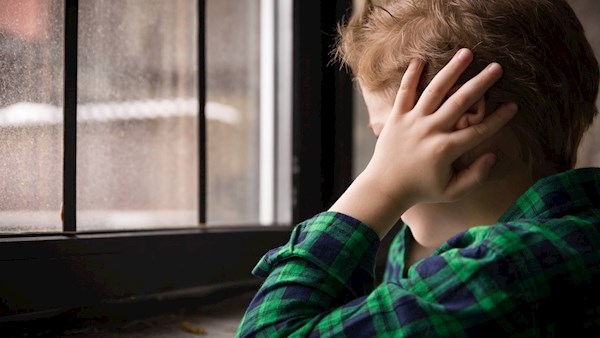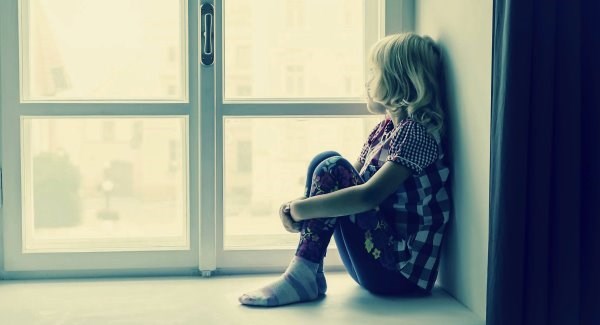
It’s important to take swift action if your child is suffering from anxiety as it can have a life-long impact if neglected, writes Dr Phil Kieran.
CHILDHOOD anxiety is on the rise over the last few years with many people saying this generation is not as resilient as the last (this has, it turns out, been said by every generation about the one that follows).
While there is an increase in childhood anxiety there is also much more awareness and willingness to engage with this problem than ever before.
All parents walk a tightrope of trying to shield their children from as much of the scary stuff and difficulty as possible without leaving them completely unprepared for the fact that life is at times unfair and difficult.
Anxiety and depression are in some ways very similar and there is undoubtedly a genetic component to these mood problems.
But this tends to go hand in hand with being exposed to anxiety and fears in the home. So how can you spot anxiety and what can you do if there is a problem?
To begin, slight anxiety and worries are a completely normal part of childhood starting with ‘making strange’ which tends to start at 18 months and progressing to mild worries about what friends and acquaintances think about us into our teens and early 20s.
READ MORE
This is normal social development but it when it starts causing distress and inability to function on a day-to-day basis it becomes a disability.
Recognising anxiety disorders and depression, and treating them can reduce the impact they have on their future.
If you feel your child is excessively anxious or is depressed one of the first things to do can be to ask their teacher if they have noticed anything out of the ordinary.
Teachers spend a lot of time with kids and are well placed to notice behavioural changes.

If there is suspicion of an anxiety disorder the next port of call is the GP.
I often see children and young teenagers with anxiety. Sometimes it is recognised by the child as anxiety and sometimes it presents as recurrent headaches or abdominal pain.
In fact, recurrent abdominal pain, particularly on school days and particularly in high achieving kids, is a very common presentation of anxiety.
Treating this type of condition is very much up to the individual and the advice I would give to parents varies from trying to minimise the attention given to symptoms (particularly true in the recurring abdominal pain) to recommending formal mental health review and so much in between.
Here are some universal pieces of advice which will benefit children with any degree of anxiety:
Limit screen time to no more than one hour a day including or maybe particularly to social media/WhatsApp etc.
Get at least 60 minutes of exercise per day preferably outdoors and if they are involved in team sport so much the better.
Make sure they eat enough fibre. Particularly veg but also fruit.
Bear in mind that smoothies have a lot of the fibre content either removed or broken down so are not as beneficial as eating fruit and veg.
Drinking enough water. This varies from child to child and you don’t need to hit a certain target every day.

So long as they drink a decent bit of water at meal times they are probably getting enough.
If you have a child who only drinks diluted juice drinks start adding less and less to it until they will take plain water.
You are doing their teeth a huge favour and reducing their desire for sweet foods later in life.
Children need loads of sleep. At primary school age kids need nine to 11 hours of sleep per night on average so if the need to be up for 7am they need to be falling asleep by about 8pm.
Teenagers need eight to 10 hours so can stay up a little longer. TVs or screens of any type shouldn’t be allowed in the bedroom as they reduce sleep quality.
Children also respond very well to counselling so if your school offers this service encourage your child to take it up.
Also, there is a self-referral service for 12-25-year olds called Jigsaw where psychologists can help children to improve their mental health. See www.jigsaw.ie for contact details and location of the nearest service.
Lastly, I encourage you to be aware of childhood depression and anxiety because, although it is not common, it can have devastating consequences if not addressed.
However, with the right treatment, this is something which can be very effectively treated and recovered from.

